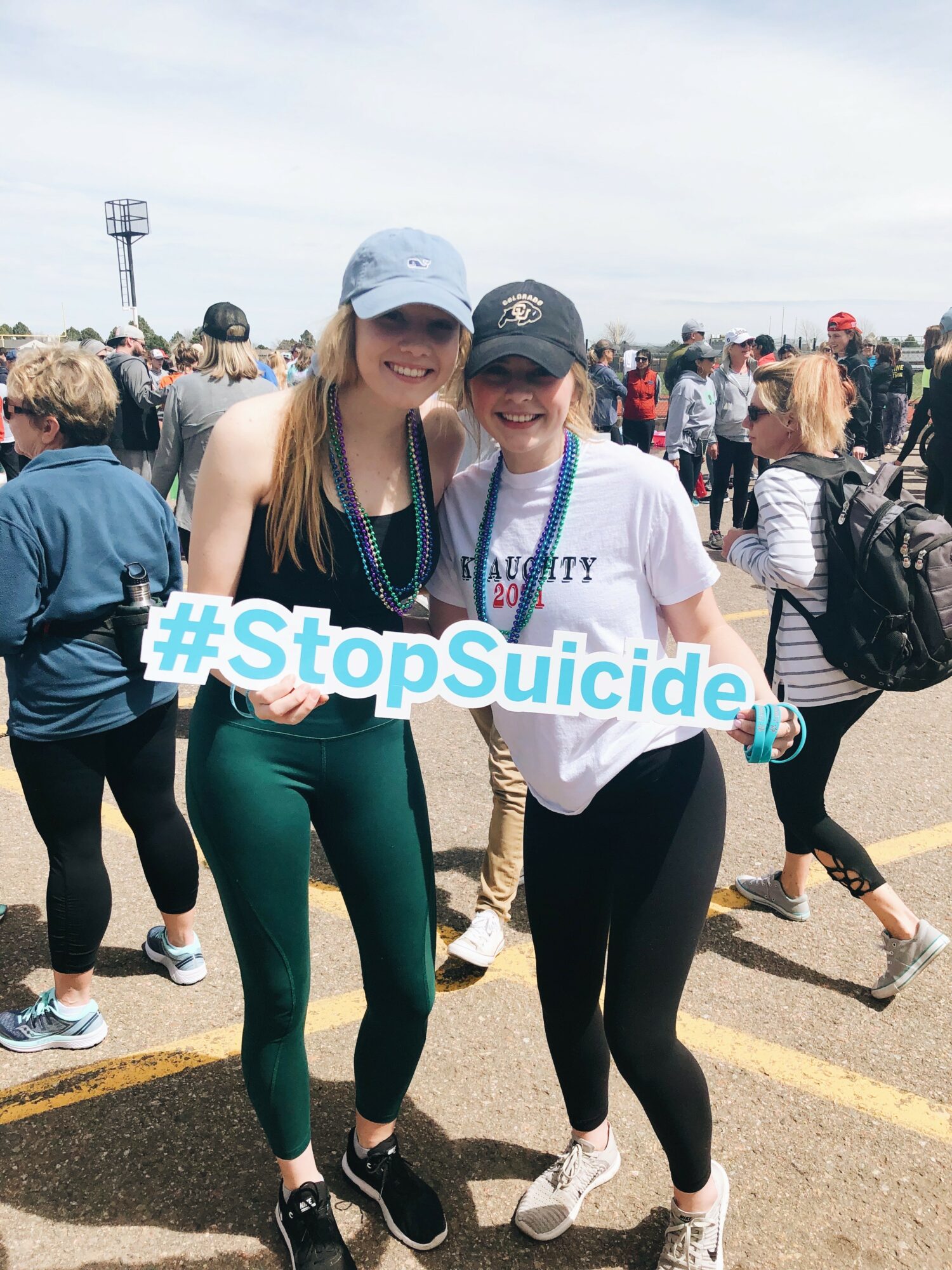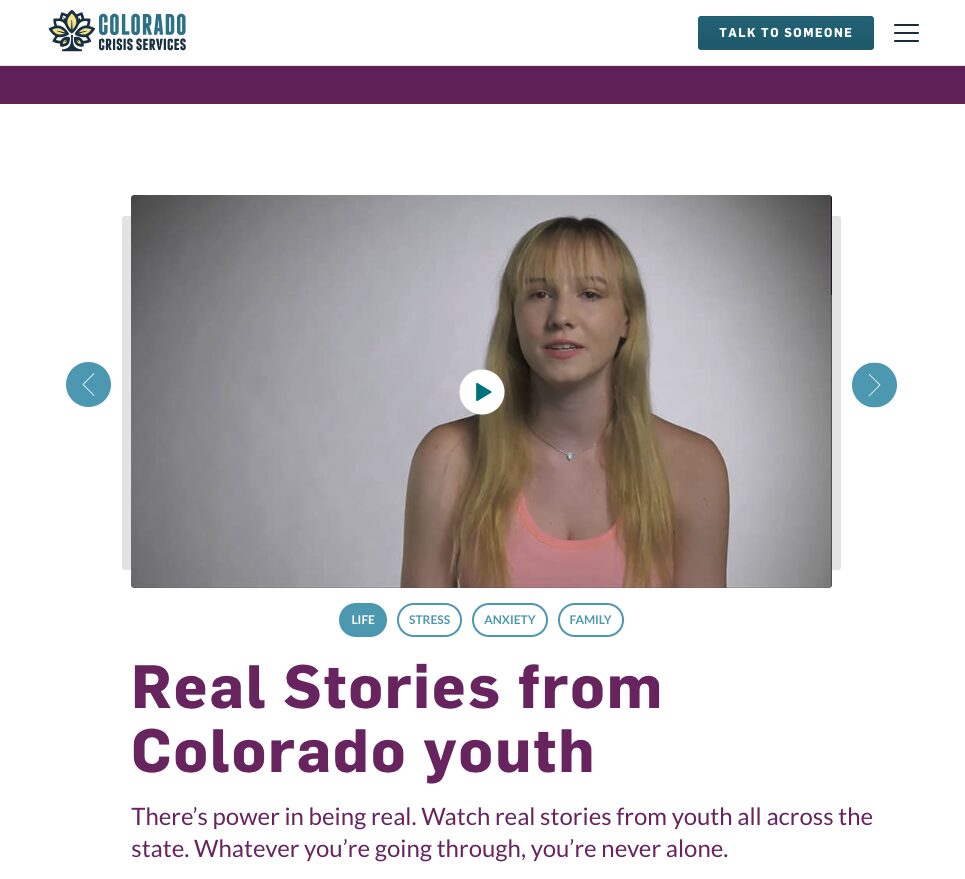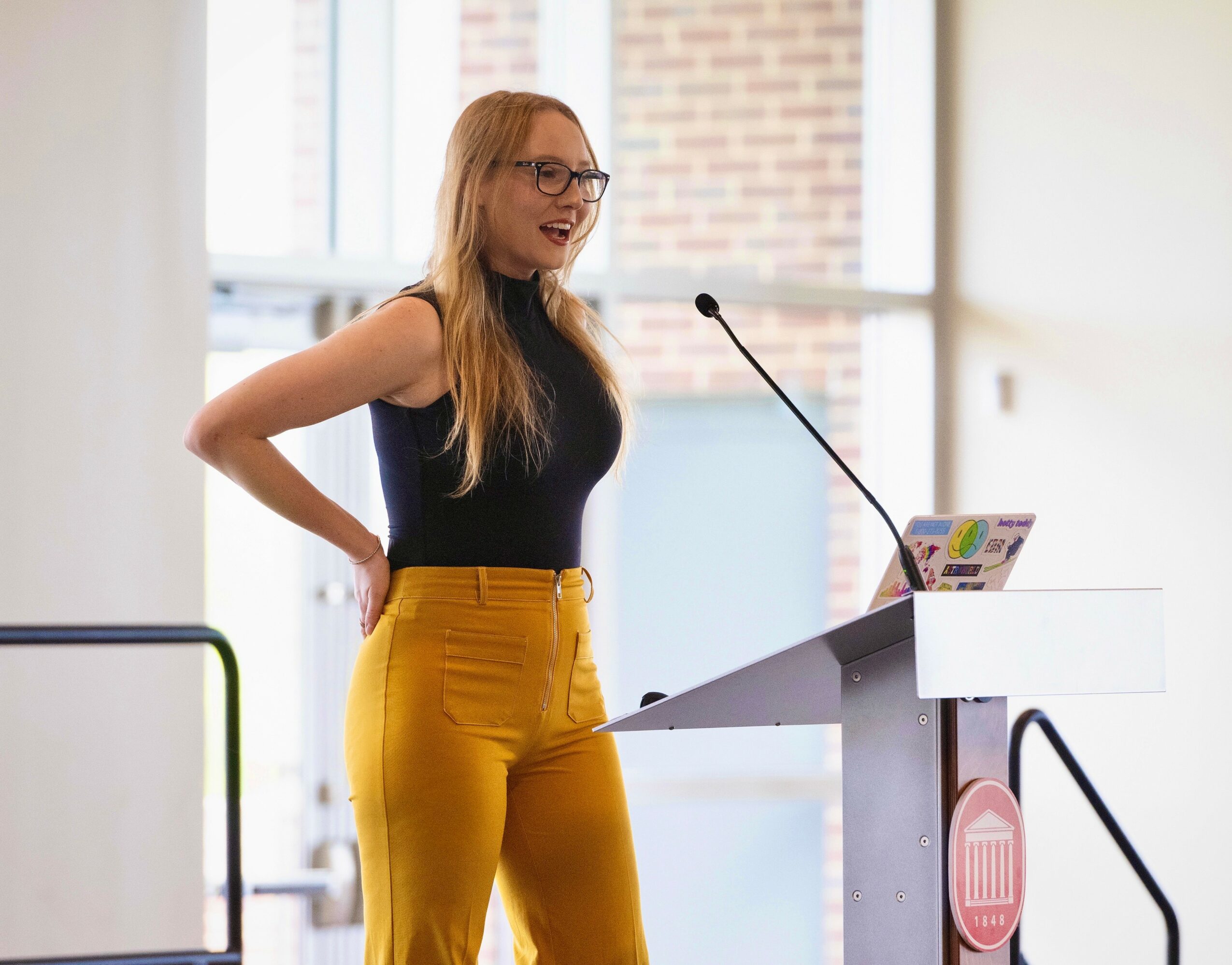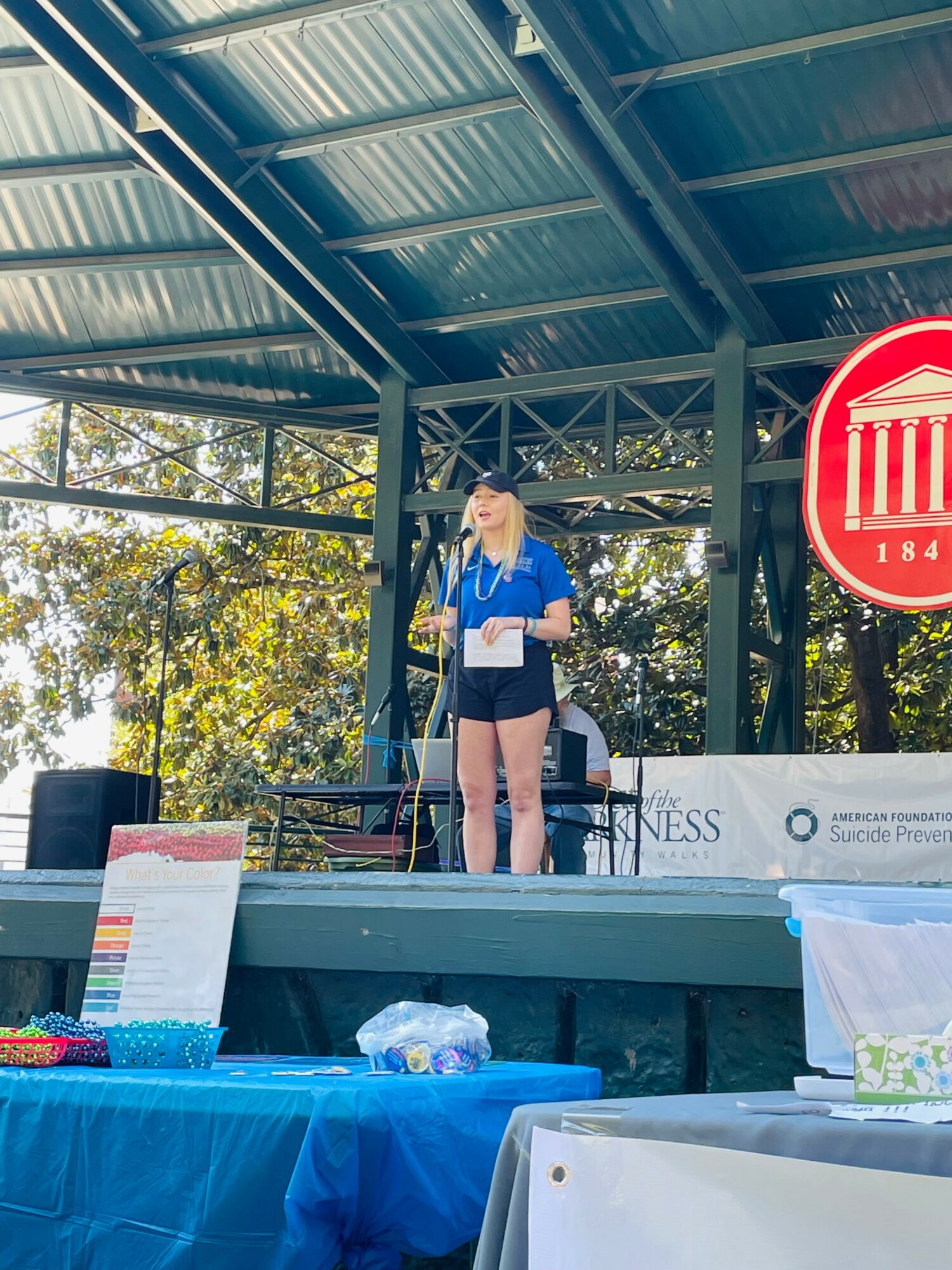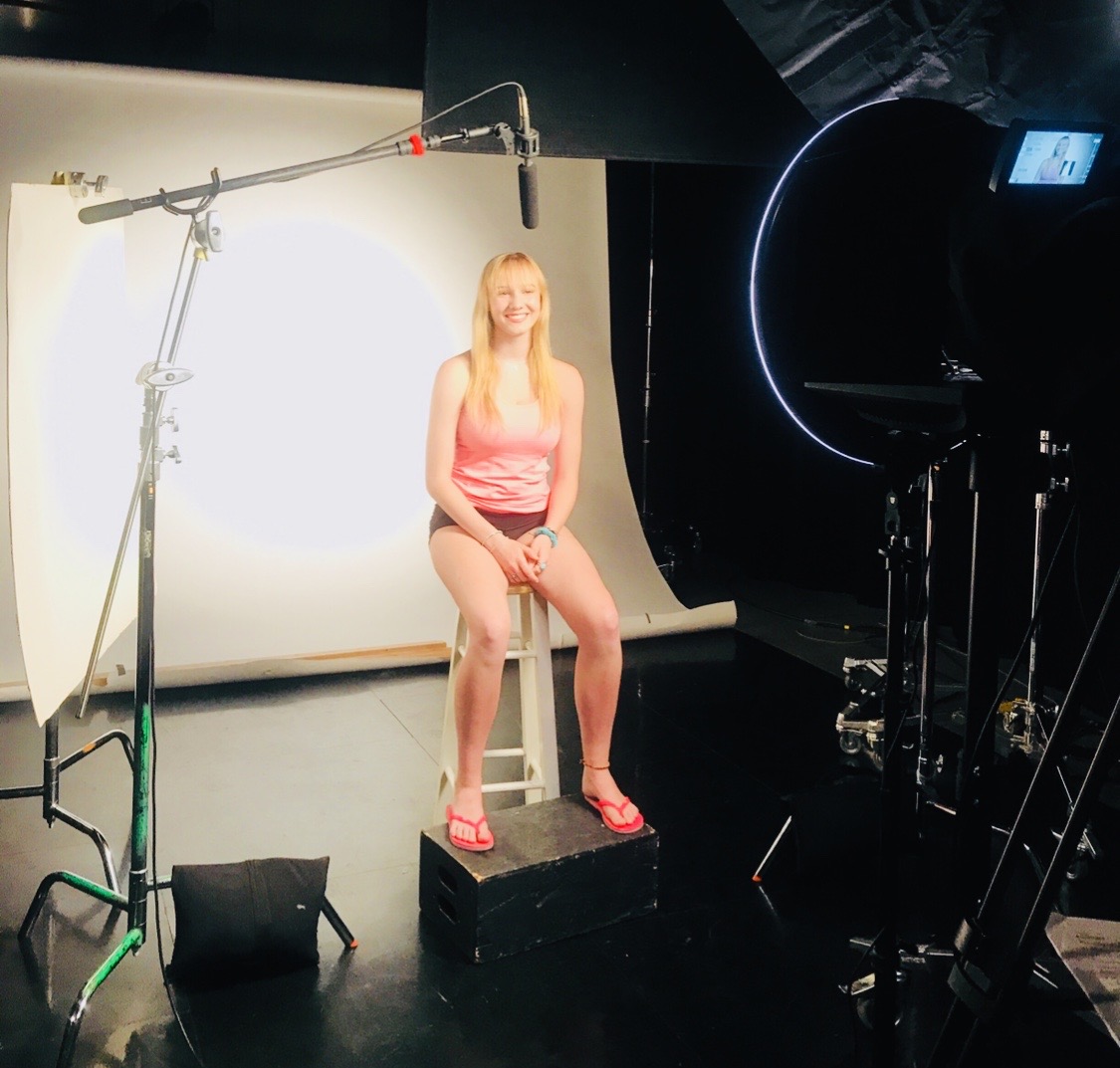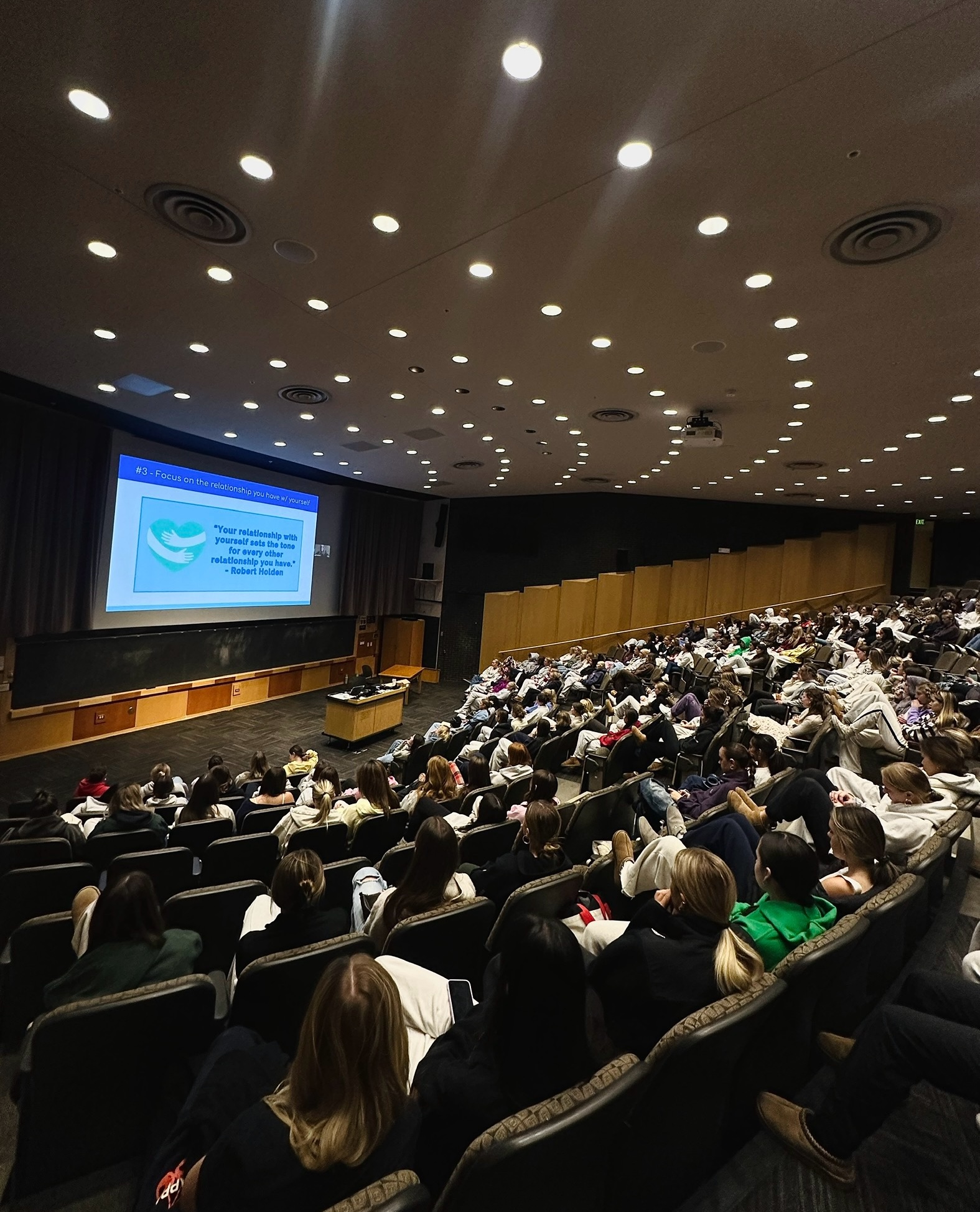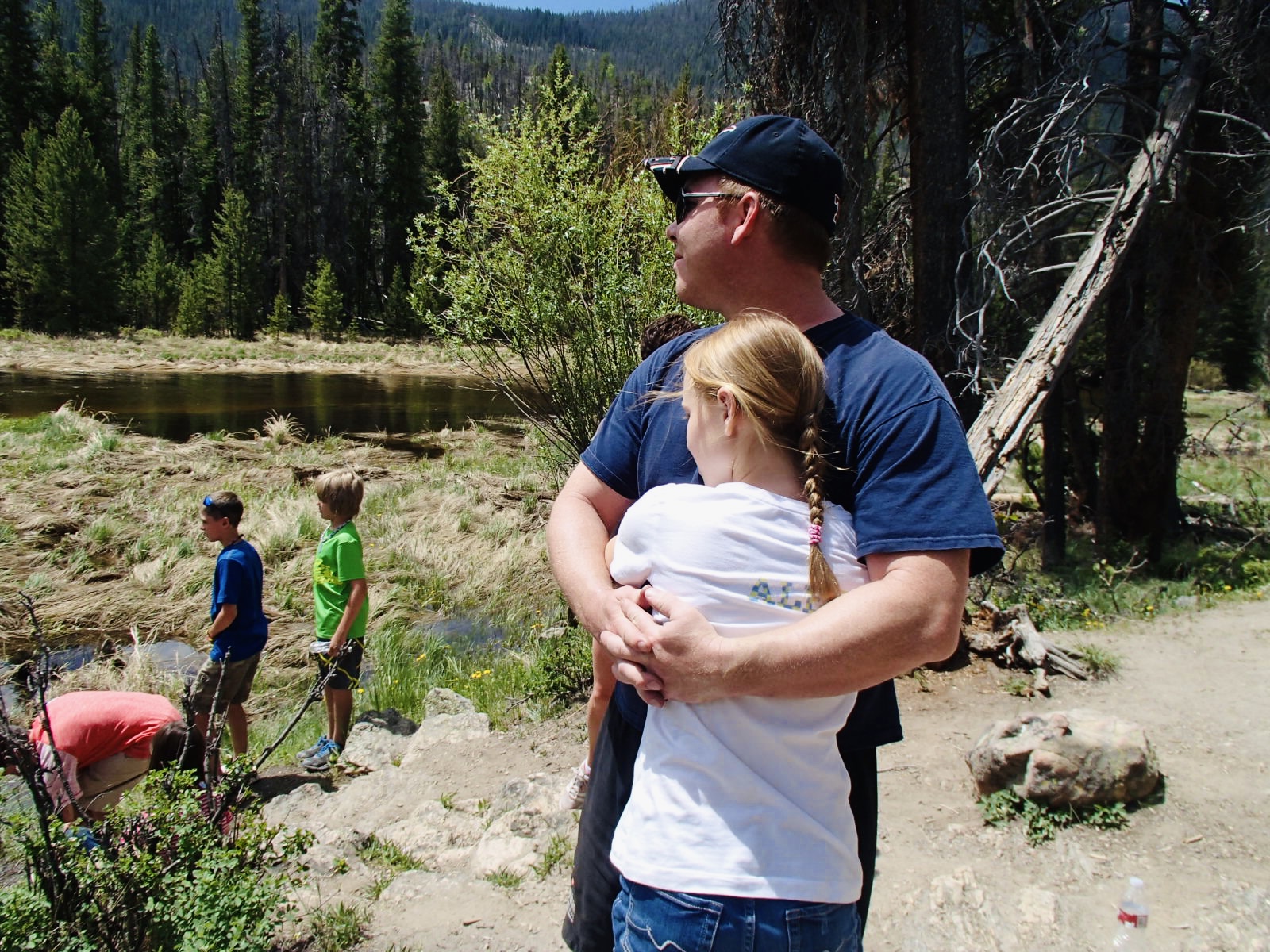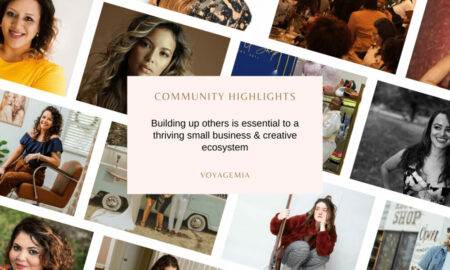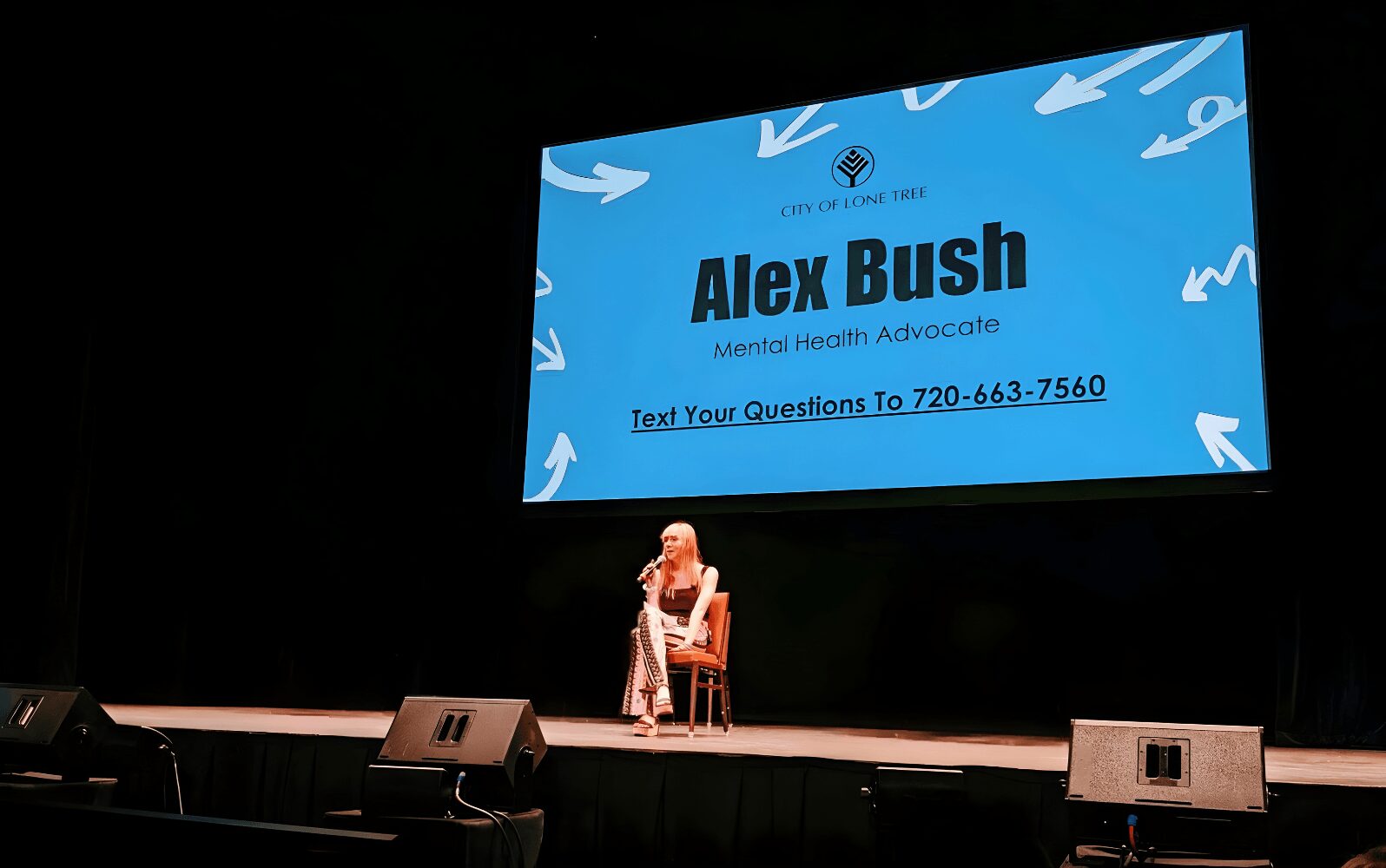

Today we’d like to introduce you to Alex Bush
Hi Alex, so excited to have you on the platform. So before we get into questions about your work-life, maybe you can bring our readers up to speed on your story and how you got to where you are today?
I was born and raised in Denver and moved to Fort Lauderdale 4 months ago. Up until the end of elementary school, I had the childhood that every child wants and deserves. As an only child, I was extremely close with my parents. My dad was a well-known real estate developer in Denver who built his company from the ground up. He was ranked as one of the top developers in Denver for years. However, things took a turn when the economy crashed in 2008 while he was working on the largest project of his career. The combination of severe stress, childhood trauma, and untreated mental health conditions led him to use alcohol to cope.
For years, he had many ups and downs with his sobriety, but the already serious situation escalated to another level right after my 16th birthday. My mom and I were forced to move out of our house one night because he got physical with both of us. It simply wasn’t safe to live there anymore, and we left for good. In the next 6 months, we lived in my mom’s best friend’s one bedroom apartment, and the alcohol quickly destroyed his brain. Then, on October 7th, 2017, he took his own life at the beginning of my junior year in high school.
The first time I ever presented was only 5 months after my dad died, and I volunteered to speak for two main reasons. My dad’s death was pretty public because of his involvement in the Denver community. Therefore, several news articles were published in the weeks after he passed, and I was incredibly frustrated by the portrayal of my dad. He wasn’t some scummy, selfish business guy; he was just really sick, and he couldn’t pull himself out of the deep hole he was in. Along with that, I was influenced by my experience at a school mental health presentation, where I saw how disengaged and uninvolved my peers were throughout the hour-long lecture. So, I volunteered to speak at a school event, which was the first of many to come.
About a year went by before I spoke again, which was fueled by more loss. In the fall of 2018, I lost two friends at the neighboring high school only two days apart; they both took their own lives. I saw that one of their moms, Maria Bales, had started speaking out about what happened to their family on social media, so I reached out to her. She spoke alongside me at the same school event the year after my first presentation, and that’s when it all really started. I immediately reached out to local schools and scheduled presentations with Maria all around Colorado. Our strength was the fact that I was just a child who lost a parent, and she was a parent who lost their child.
In 2019, I graduated high school and headed down south that fall to start my first year at Ole Miss and continued presenting to college students across the country. My advocacy work was furthered by my involvement in Active Minds (a young adult-focused mental health organization) and the NAMI Mississippi Board of Directors. One of my greatest privileges was speaking at two of the Oxford “Out of the Darkness Walk,” hosted by the American Foundation for Suicide Prevention. Today, I’ve spoken to over 16,000 people located in 25 states.
Would you say it’s been a smooth road, and if not what are some of the biggest challenges you’ve faced along the way?
Considering all of the tragic losses I experienced at such a young age, it’s clear to say it has not been a smooth road. On top of the tragedy, I’ve also faced my own mental health challenges. I was diagnosed with ADHD, PTSD, and depression after losing my dad. I’ve had several points in my life where I’ve struggled to get out of bed to shower, eat, and basically function. So, putting myself in the position where I have to relive the years of trauma and grief repeatedly has undoubtedly been challenging and sometimes emotionally draining.
However, the motto I’ve lived by since giving my first presentation is, “You can’t always control what happens in life, but you can control how you respond to those challenges.” For me, sharing my story and immersing myself in this work has helped bring something positive from tragic loss. Yes, I went through a lot of pain and grief, but now it feels like it wasn’t for nothing. Now, there’s some good in my life and a positive impact that came from those hardships. I think this approach can be utilized by anyone and applied to various life challenges. Overall, this mindset and perspective can help us overcome anything life throws our way.
As you know, we’re big fans of you and your work. For our readers who might not be as familiar what can you tell them about what you do?
In the nearly 7 years of my public speaking career, one theme has remained: storytelling. As a grieving 16-year-old, I began by sharing my experiences and have continued to do so throughout every single presentation. Why is that? It’s because stories resonate in a way that facts and data cannot. Statistics certainly inform people and show how common these issues are in society. However, sharing personal experiences evokes emotion and creates personal connections, making the brain more likely to retain information. Stories are very effective in advocacy work because emotionally charged moments deeply resonate and demonstrate how mental health and suicide profoundly impact real lives every day.
On top of that, storytelling is one of the most powerful tools we have to combat the stigma surrounding suicide. When we come together and share experiences with mental health struggles and suicide, it helps break down the barriers of silence and shame that keep these topics in the dark. When presenting, I am always fully transparent and open about what I’ve been through to show that it’s okay to be vulnerable and ask for help. Every shared story is ultimately a step towards dismantling the shame and fear perpetuating stigma, replacing it with understanding and hope.
My story includes a wide variety of topics and subject matter, so a majority of people can relate to some part of my experiences. Whether they have lost someone to suicide, experienced childhood trauma, faced their own mental health challenges, have a loved one who has a substance use disorder, or just want to learn more, I discuss topics that are much more common than people realize and impact people from all walks of life. It took me about three years after being diagnosed with PTSD, ADHD, and depression before I felt comfortable and confident enough to talk about my mental health. However, by opening up about my lowest points in life when I was overwhelmed by pain and had no hope, I can show that it is possible to recover and bounce back from life’s most trying times. Sometimes people just need to hear something they can relate to, so they feel like they aren’t alone.
In addition to storytelling, I also educate and provide resources. Personally, when I went through wellness education in elementary school, I don’t remember learning much about mental health. Therefore, many people have low mental health literacy or a lack of knowledge and understanding of mental health. Mental health literacy equips people with the knowledge to recognize the symptoms and signs of mental disorders, reduce stigma, and seek help for themselves or others, to name a few. Incorporating this information into my workshops helps people understand the importance of mental health as part of our overall health, breaking down misconceptions and promoting early intervention and help-seeking.
In the summer of 2021, I was selected to serve on NAMI Mississippi’s Board of Directors, a nonprofit state organization of the National Alliance on Mental Illness. NAMI is one of the largest grassroots mental health organizations in the US. I have used NAMI’s statistics and information for years, so the opportunity to be a board member of a state organization was one of the greatest honors of my life, especially at the age of 21. However, what I’m most proud of is the impact I may have had on even one person’s life by bringing these subjects out of the dark. Ultimately, my greatest motivators are my dad and the friends I’ve lost to suicide, along with the thousands of people lost each year. In 2022, there was one suicide death every eleven minutes in the US, and those lives lost are what push me to continue this work. At the end of the day, it’s all about saving lives and breaking the stigma.
Statistic Source: CDC – https://www.cdc.gov/suicide/facts/data.html
Is there something surprising that you feel even people who know you might not know about?
Something people may not know about me is the influence music has on my work and me as a person. I always knew that I listened to a lot of music throughout the day, but I realized just how much when my “Spotify Wrapped” said I listened to more music than 98% of listeners! My love of music started at a young age, and I grew up playing the piano and singing. I have a playlist for almost every genre: 76 hours of rap, 25 hours of country, 20 hours of 70s and 80s music, 20 hours of reggaeton, and many more.
However, once I started middle school, I leaned on music more than ever before. As my dad’s alcohol use disorder worsened and I had no one to confide in (since I’m an only child), music helped me cope in a way nothing else could. My reliance on music has remained through every loss or hard time I’ve faced. For example, when I graduated college in May 2023, I felt an emotion towards my dad that I had never felt before, which was anger. It was hard being the only one of my friends who didn’t have both parents there, and the fact that he took his own life left me feeling disappointed, resentful, and heartbroken at the time. So, I listened to “You Should Be Here” by Cole Swindell to cope with my emotions. Because of music’s impact on my life and healing process, I’ve started learning more about music therapy and other evidence-based therapies in recent months.
Ultimately, I plan to incorporate information on alternative therapy types into my presentations because it’s beneficial for people to know about the available options. From music therapy to art therapy to EMDR, each approach offers different tools and strategies. Because everyone’s mental health journey is unique, what works for one person might not work for someone else. As a result, my dive into music therapy has led me to research other therapy types that I want to utilize in my workshops.
Contact Info:
- Website: https://alexbushspeaking.com/
- Instagram: https://www.instagram.com/_alexbush_/
